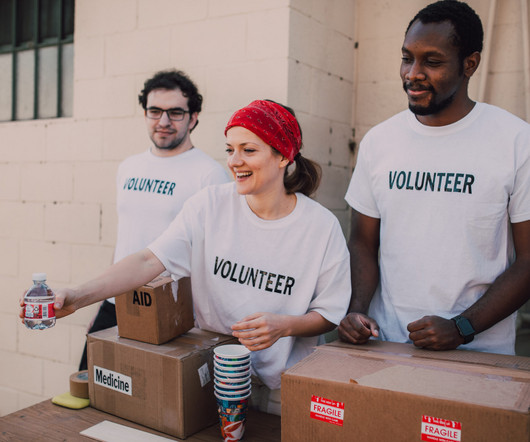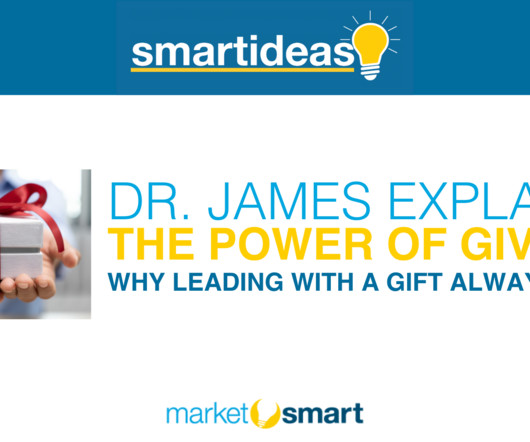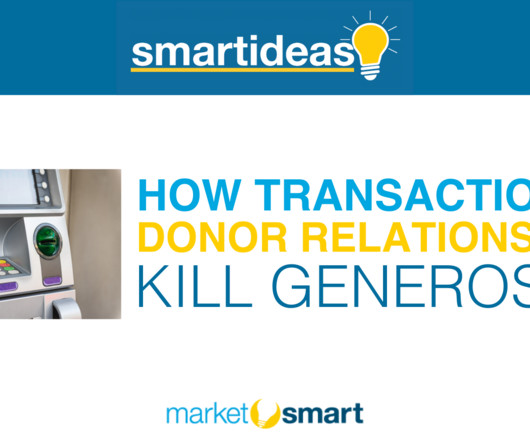How Nonprofits Can Help Free Culture and Benefit from the Public Domain
NonProfit Quarterly
MARCH 14, 2025
Meanwhile, embracing the public domain offers various benefits to the nonprofit sector and aligns with values of transparency and accessibilityembracing the public domain will help cultivate the nonprofit ethos of sharing and assistance, not exclusion and profit.













Let's personalize your content